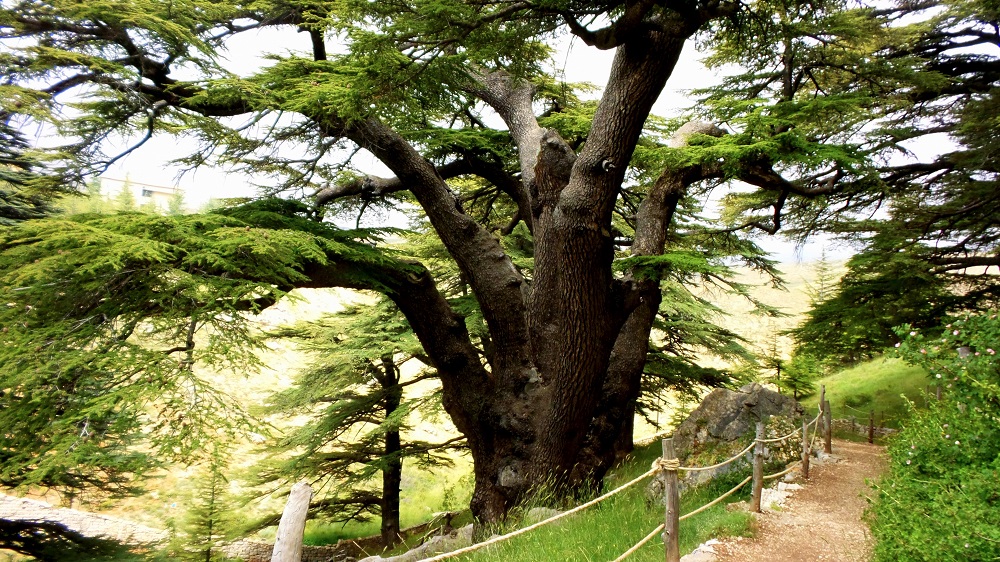

Nestled in the heart of the Lebanese mountains, the Cedars of God forest near Bsharri is one of the last vestiges of the ancient forests that once thrived across Mount Lebanon. Historical references to the majestic cedar trees date back thousands of years and they feature prominently in various ancient texts, including the Bible and the Epic of Gilgamesh.
These cedars were highly valued throughout antiquity, sought after by various civilizations for their excellent wood quality, used in building great temples, palaces and ships. Over the centuries, the forests were heavily exploited, and what remains today is protected as both a UNESCO World Heritage Site and a symbol of Lebanon's cultural and natural heritage.
Lebanon has a long history of tourism thanks to its rich culture, historic landmarks, and natural beauty. Modern tourism burgeoned in the mid-20th century when Beirut was referred to as the "Paris of the Middle East." Unfortunately, the civil war from 1975 to 1990 affected the tourism industry severely. But with the return of stability, Lebanon has once again become a destination for international visitors, with tourism currently being an important contributor to the country's economy.
In recent years, Lebanon has focused on diversifying its tourism portfolio. Ecotourism and responsible travel have become more significant, with increased interest in the country's natural landscapes and biodiversity. This trend benefits areas like the Cedars of God, which offer visitors a blend of ecological marvel and historical significance.
Adventure tourism is also gaining traction, as travelers seek out experiences such as hiking, mountain biking, and skiing. Lebanese cuisine, wine tours, and local festivals are additional aspects of the cultural tourism push, drawing visitors who wish to indulge in authentic and immersive experiences.
Tourists visiting the Cedars of God can witness trees that are hundreds and even thousands of years old, an awe-inspiring testament to nature's resilience and beauty. The forest is not only a site for ecological admiration but also provides a place for spiritual contemplation, with various hermitages and monasteries in the vicinity, such as the Qadisha Valley and the Monastery of Saint Anthony of Qozhaya.
When planning a visit to Bsharri and the Cedars of God, tourists are often encouraged to explore the region's cultural heritage, including the Gibran Museum, which was the home of the famous Lebanese poet and philosopher Kahlil Gibran. The whole area serves as an excellent representation of the rich intermingling of Lebanon's natural splendor and cultural depth.